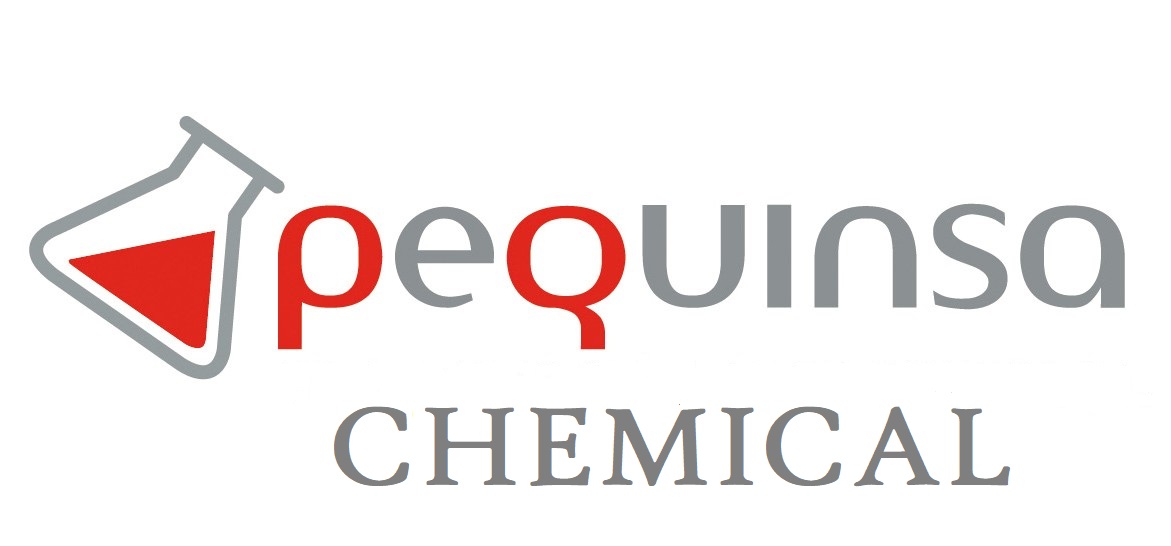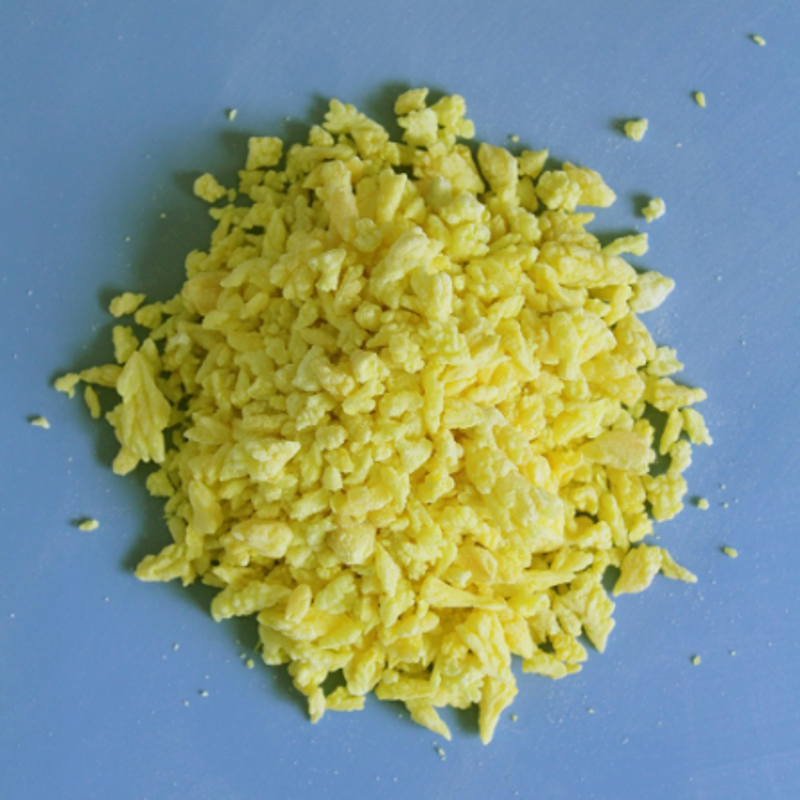-
Categories
-
Pharmaceutical Intermediates
-
Active Pharmaceutical Ingredients
-
Food Additives
- Industrial Coatings
- Agrochemicals
- Dyes and Pigments
- Surfactant
- Flavors and Fragrances
- Chemical Reagents
- Catalyst and Auxiliary
- Natural Products
- Inorganic Chemistry
-
Organic Chemistry
-
Biochemical Engineering
- Analytical Chemistry
-
Cosmetic Ingredient
- Water Treatment Chemical
-
Pharmaceutical Intermediates
Promotion
ECHEMI Mall
Wholesale
Weekly Price
Exhibition
News
-
Trade Service
Upper gastrointestinal bleeding (UGIB) is the most common gastrointestinal emergency, with a mortality rate of 5 to 10%.
UGIB is broadly divided into variceal bleeding and non-variceal bleeding
.
Ruptured esophageal varices can cause about 70% of cirrhosis UGIB
.
In patients with non-varicose UGIB, the main cause is peptic gastroduodenal ulcer
.
Helicobacter pylori (H.
pylori) pylori) infection and the use of nonsteroidal anti-inflammatory drugs (NSAIDs), including aspirin, have been the leading cause of bleeding from peptic ulcer disease over the past few years, but with the widespread eradication of Helicobacter pylori, the epidemiology and pathophysiology of UGIB have changed
.
Emergency endoscopic haemostasis is useful in all cases of UGIB, and guidelines recommend endoscopy within 24 hours
.
Sedation adjuvant therapy in gastrointestinal endoscopy has become an important medical option
in routine clinical care.
When vital signs are stable, especially when the patient is agitated or anxious, sedation during emergency endoscopy is considered useful
for safe and reliable emergency endoscopy.
However, sedation may not be useful
when the patient's general condition deteriorates or is hemodynamically unstable.
The purpose of this retrospective study was to (1) compare clinical outcomes in patients treated with and without sedation during urgent endoscopy of UGIB, and (2) to determine the risk factors
for death from UGIB in these patients.
The researchers retrospectively collected 389 patients
who underwent UGIB emergency endoscopy at the medical center from 2016 to 2021.
Patients were divided into two groups: sedation and non-sedation during emergency endoscopy
.
Clinical features, patient status on admission, and cause
of UGIB were then assessed.
Treatment outcomes and adverse events were assessed using propensity score matching (PSM), and risk factors
for UGIB mortality were investigated using Cox multivariate analysis.
The results of the study showed that the sedation group was significantly younger, had a higher proportion of men, and had a higher
proportion of chronic liver disease.
Blood pressure and hemoglobin levels were significantly elevated
on admission in the sedation group.
The main cause of bleeding is peptic ulcer, which is significantly higher
in the non-sedative group.
Propensity score matches created 133 matches
.
The success rate of endoscopic hemostasis was similar between the two groups, but the operation time in the sedation group was significantly shorter than that in the non-sedation group (17.
6±10.
0 vs 20.
2±10.
2 min, P = 0.
04).
There was no significant difference
between groups in adverse events.
Cox multivariate analysis showed that red blood cell transfusion [hazard ratio (HR) 4.
45, P < 0.
02] and rebleeding (HR 3.
30, P = 0.
03) were associated
with an increased risk of 30-day mortality due to UGIB.
This study confirms that sedation reduces the duration
of surgery during emergency endoscopy of UGIB.
For safe endoscopic surgery, sedation during UGIB emergency endoscopy is acceptable
.
Original source:
Daisuke Yamaguchi.
et al.
Safety and Efficacy of Sedation During Emergency Endoscopy for Upper Gastrointestinal Bleeding: A Propensity Score Matching Analysis.
Digestive Diseases and Sciences.
2022.







